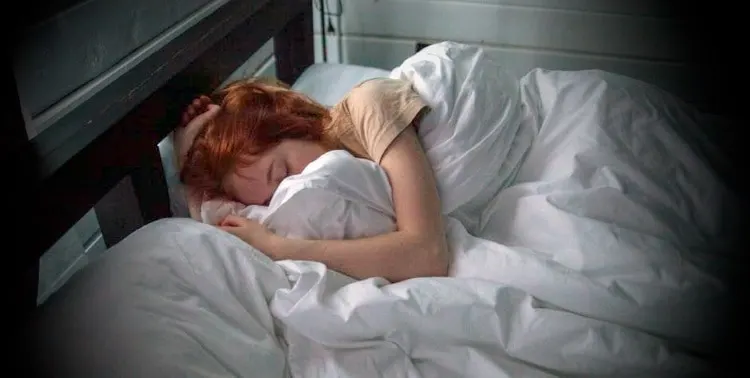
Bedbugs are small, parasitic insects that feed on the blood of humans and animals. They are reddish-brown in color and oval in shape. They typically live in mattresses, bedding, and furniture and can travel from one location to another in search of food. Bed bugs are aggressive at night, and their bites are often painless and cause no noticeable symptoms. This post will discuss some things you need to know about bedbugs, including do bed bug bites itch like mosquito bites.
Bedbugs can cause allergic reactions in some people, and their bites can become irritated and inflamed. Hence, after spending the night in a new environment and you find yourself with an itchy, inflamed section of your body, it may be a bed bug bite. Nonetheless, bed bug bites do not usually itch like mosquito bites. However, some may have an allergic reaction to the bites, which can cause them to itch.
As mentioned earlier, bed bugs are most active at night but can also be active during the day if their food source is available. They typically hide in cracks and crevices in furniture, walls, and floors. Typically, they will remain in their hiding spots when they are not feeding. It is also important to mention that bed bugs are not known to spread disease but can cause allergic reactions in some people.
Many people may experience an allergic reaction to bed bug bites. This can include redness, swelling, and itchiness at the site of the bite. In rare cases, an allergy to bed bugs can cause anaphylaxis, a potentially life-threatening reaction.
What attracts bed bugs?
Research has it that some bed bugs may be attracted to the warmth of the human body, the carbon dioxide we exhale, or the scent of our skin. One reason bed bugs are attracted to the carbon dioxide people exhale is that, when we exhale, we release carbon dioxide, which bed bugs can sense from far away.
Another reason is that bed bugs are attracted to the heat our bodies give off. Our bodies are warm, and bed bugs are attracted to that warmth. Additionally, bed bugs are attracted to the scent of our skin. When we sweat, we release a scent that bed bugs can pick up on. This scent is like a beacon to them, and they will follow it until they find its source.
Signs that your bed is infested with bed bugs
If your bed is infested with bed bugs, you may see the following signs:
- Blood stains on your pillowcases and sheets.
- Small, dark brown, or red bugs crawling on your bed.
- Tiny black spots on your mattress or bed frame.
- A sweet, musty smell coming from your bed.
If you see any of the above signs, you must act immediately to get rid of the bed bugs. Otherwise, they will continue reproducing and spreading, and the infestation will worsen.
If bed bugs are not removed quickly, they can spread to other home areas, infesting furniture, clothing, and carpeting. They can also travel with you to different places, invading hotel rooms, offices, and homes of friends and family. Bed bugs are not known to spread infections, but their bites can be itchy and uncomfortable. In other severe cases, the bites can trigger a fatal allergic reaction.
Treating bed bug bites
Different people may react differently to the bite. Some may not experience any reaction, while others may experience a mild reaction, such as a small red bump. For those who experience a more severe reaction, such as itching, swelling, or a rash, you can do a few things to alleviate the symptoms.
One home remedy that may help is to apply a cold compress to the bite. This can help to decrease swelling and itching. Another home remedy is to mix a small amount of baking soda with water to form a paste and then apply this paste to the bite. This can also help to reduce swelling and itching.
Suppose the bite is causing a more severe reaction, such as a rash. In that case, seeing a doctor or other medical professional is vital. They may prescribe a steroid cream or other medication to help reduce the symptoms. In severe cases, one may need to be hospitalized for treatment.
How to prevent bed bug infestation
Here are some tips on how to prevent a bed bug infestation in your home:
- Regularly vacuum and dust your home, especially in areas where you sleep. This will help to remove any bedbugs that may be present.
- Inspect secondhand furniture and clothing before bringing them into your home.
- Avoid placing your luggage on the bed or floor in hotel rooms.
- When traveling, keep your belongings in a sealed bag.
- Immediately wash and dry any clothing that comes into contact with bedbugs.
- Consider using do it yourself pest control if you notice an infestation.
Wrapping up
If your home is infested with bed bugs, you should get rid of them immediately. This post discusses various ways of permanently eradicating them from your home. You can say goodbye to discomfort and sleepless nights.
- Sagittarius Man & Gemini Woman Love and Sex Compatibility - January 31, 2024
- Taurus Ascendant Rising Personality Traits in Men (Guide) - January 31, 2024
- How to Seduce and Attract a Sagittarius Man (Seduction Tips) - January 31, 2024
